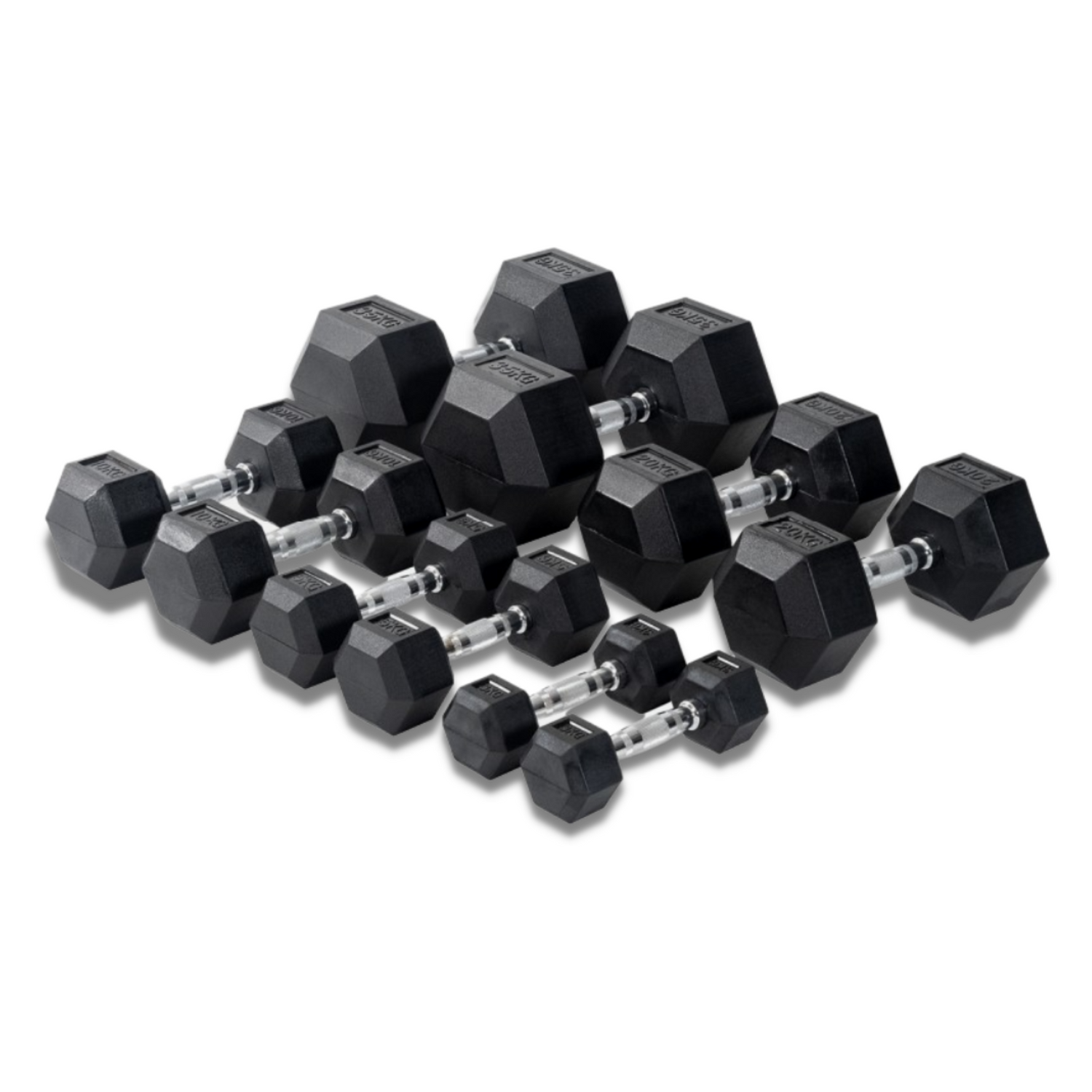How long will it take for my order to be delivered?
When your order is dispatch from our warehouse it can take approximately 3 - 7 business days for you to receive it.
Your order is normally dispatched from our Warehouse within 1-2 business days of us confirming your order and receiving your payment. Once despatched it will take approximately 3-7 business days to arrive at your delivery address, depending on your location and the courier service.
Can I pick up my order from your warehouse?
Yes, when you place an order online you can select to pick up your order from our warehouse.
For large items (racks, rigs, cardio machines etc), we would prefer 24 - 48 notice so our warehouse team can prepare your order before you arrive.
For smaller items (weights, benches, accessories etc), no pick-up notice is required.
Please call us on 1300 488 866 if you have any questions regarding your order and/or pick-ups from our shareroom & warehouse located at 23-25 Mangrove Lane, Taren Point, NSW 2229.
How Does Shipping Work If I Live in an Apartment?
Gym Direct uses third-party freight services, which have their own delivery terms. For apartment complexes, deliveries are typically made to the concierge, lobby, or communal area. If you require delivery directly to your door, additional fees may apply depending on factors like stairs, elevator access, and building restrictions. Once your order is on its way, it’s in good hands! While we don’t handle the delivery directly, we’re always here to assist if you need any help along the way. For more details or special delivery requests, please contact us at sales@gymdirect.com.au or call 1300 488 866.
Can my order be left unattended if I am not home?
Yes, if your order is eligible, you will have the option at checkout which authorises the courier to leave your order unattended.
When checking out, simply select the option 'I authorise the courier to leave my order at the front door', if you like you can also provide additional instructions in the 'Special Delivery Notes' field to have your order left in a specific place e.g 'Please leave around the back of house behind the bins'.
Can I track my order once dispatched?
Yes, once your order is dispatched we will email you a link to a webpage to track your shipment.
Once your order is dispatched, we will send you an email which will have a link to view the shipping information, the link will display the current status and history of the shipment, as well as the amount of items / parcels being delivered and where possible the expected delivery date.
What shipping methods do you have available?
We use multiple shipping methods from postal services to bulk freight carrier services.
We send small size items via Australian Post and Toll Ipec. Bulky/heavy items are sent via a Freight Carrier service.
Read full T&Cs here or contact us at here














